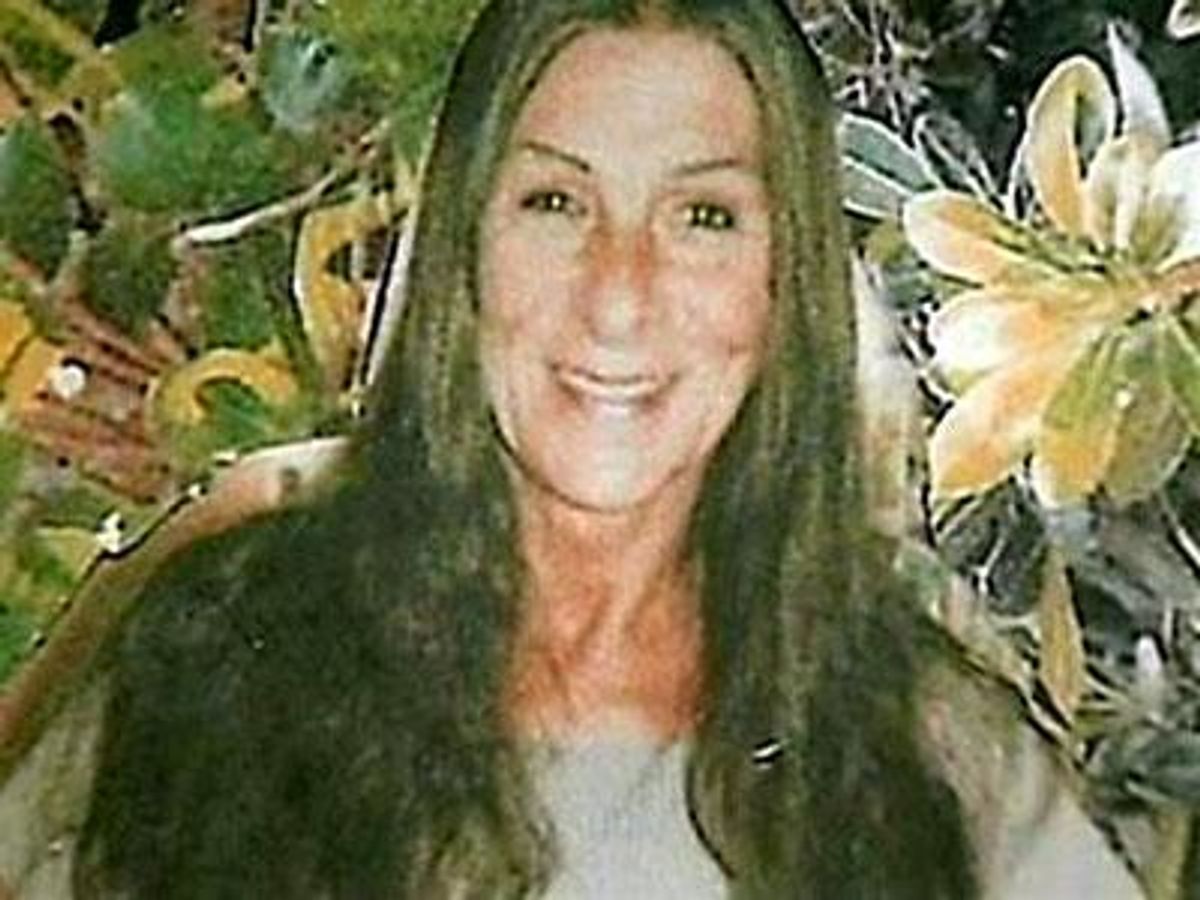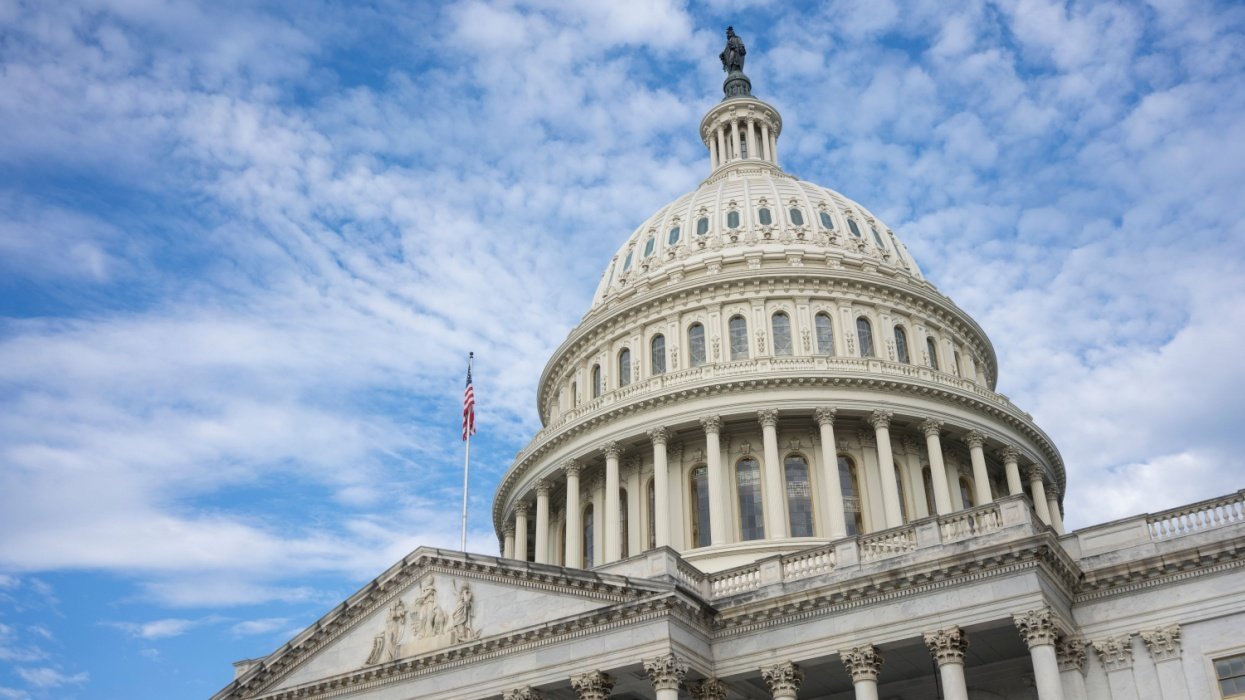In a ruling published today, a three-judge panel of the First Circuit Court of Appeals affirmed that transgender inmates have a constitutional right to access transition-related care, including gender-confirming surgeries.
In the 2-1 ruling, the First Circuit upheld a 2012 decision from U.S. District Judge Mark Wolf in the case of Michelle Kosilek, a transgender woman currently serving a life sentence for the 1990 murder of Cheryl McCaul. The First Circuit's ruling cited the Eighth Amendment to the U.S. Constitution, which prohibits cruel and unusual punishment as well as excessive bail and fines imposed on those in prison. Today's ruling marks the first time an appeals court has explicitly declared that gender-confirming surgeries do qualify as medically necessary care, the denial of which would constitute cruel and unusual punishment.
Kosilek has filed several lawsuits in efforts to treat her gender dysphoria, each time claiming that witholding medically necessary care -- as hormone replacement therapy and gender-confirming surgeries are considered by the American Medical Association -- is a violation of her constitutional rights.
In 2002, Kosilek sucessfully sued the Massachusetts Department of Corrections, seeking hormone replacement therapy and psychotherapy to treat her gender dysphoria, the psychiatric term used to diagnose when a person's gender identity does not align with the gender they were assigned at birth. In 2006, Kosilek filed another lawsuit, seeking gender-confirming surgery, in which she earned a favorable ruling in September 2012.
In today's ruling, the appeals court stated a belief that individuals with gender dysphoria have a "serious medical need," upholding a ruling that defined transition-related treatment as "medically necessary" and therefore protected under the Eighth Amendment.
"The Eighth Amendment provides the vehicle through which courts scrutinize 'the treatment a prisoner receives in prison and the conditions under which he is confined,'" the ruling reads. "One way prison officials violate the Eighth Amendment is when they fail to provide an inmate with adequate medical care, such that 'their acts or omissions are sufficiently harmful to evidence deliberate indifference to serious medical needs.' ... An Eighth Amendment claim such as this one turns, in part, on whether the prisoner has a 'serious medical need,' in other words, 'one that has been diagnosed by a physician as mandating treatment, or one that is so obvious that even a lay person would easily recognize the necessity for a doctor's attention.'"
The ruling goes on to clarify that although prisoners are not entitled to the "most sophisticated care available," they are entitled to "services at a level reasonably commensurate with modern medical science and of a quality acceptable within prudent professional standards."
"The Standards of Care indicate that for persons with severe gender identity disorder, sex reassignment surgery is effective," the ruling continues. "In such persons, surgery is paired with hormone replacement therapy and a real-life experience is 'medically indicated and medically necessary.' Surgery is not, the Standards of Care say, 'experimental, investigational, elective, cosmetic, or optional in any meaningful sense.'"
In response to those who contend that transgender inmates should not receive treatment that aligns with accepted best practices, but instead be administered antidepressants, the ruling compares denial of the proper care -- in this case, hormone replacement therapy and surgery -- with forcing inmates who have cancer to simply take an aspirin in lieu of chemotherapy, noting that it would be unconstitutional to do so. The court goes on to dismiss the idea of providing inmates with only some treatment -- that is, providing hormones but witholding gender-confirming surgery. Doing so "is not the same as providing adequate treatment," the court finds.
"Courts must not shrink from their obligation to 'enforce the constitutional rights of all persons,' including prisoners," the decision concludes. "And receiving medically necessary treatment is one of those rights, even if that treatment strikes some as odd or unorthodox."
LGBT advocates applauded the court's decision. "The Appeals Court affirmed that the District Court properly found that Michelle Kosilek needed this lifesaving medical care," said Jenifer Levi, director of Gay and Lesbian Advocates and Defenders' Transgender Rights Project, in a statement Friday. "If she needed treatment for cancer or heart disease, this case would never have wound up in court. If we are to call ourselves a civilized society, there is a baseline of care that has to be provided to all prisoners, including prisoners who are transgender."
"Today's decision affirms the increasing consensus among the courts that transgender-related healthcare is just healthcare and that people behind bars, including transgender people, have a constitutional right to healthcare," said Mara Keisling, executive director of the National Center for Transgender Equality. "Decisions about treating serious healthcare decisions like sex reassignment surgery need to be made by doctors and patients, not prison authorities."

















































































